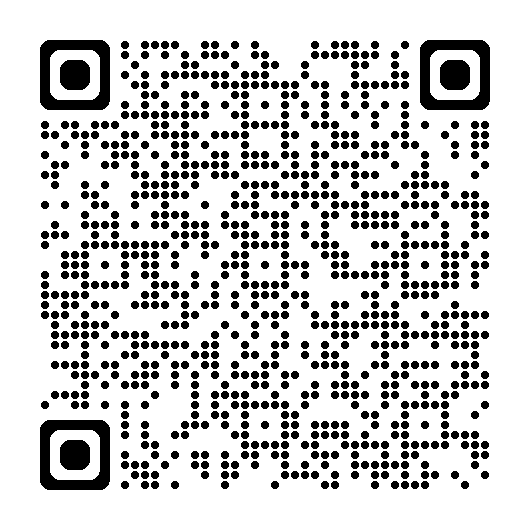
QR code to Acute exacerbation of asthma page
What is an acute exacerbation of asthma? A worsening of your child’s asthma caused by exposure to one of their triggers. These vary between children but the most common ones are coughs and colds, cold weather, cigarette smoke, pet fur or feathers and pollen.

QR code to Acute exacerbation of asthma page
Please see our link to Beat Asthma for tips on diagnosis, resources for families and your online asthma action plans
Asthma Diagnosis - Beat Asthma
Is this asthma, making a diagnosis and red flags
standard technique for use inhalers
Personal asthma plan proforma
Also see Beat Asthma video Beat Asthma - How to use an aerochamber spacer with mask - YouTube
Chronic management - Beat Asthma
National asthma Guidelines
Personal asthma plans
Asthma annual review proforma
Indications for referral to secondary care asthma services
Go to the nearest Hospital Emergency (A&E) Department or phone 999
Please ring your GP surgery or call NHS 111 - dial 111
Watch them closely for any change and look out for any red or amber symptoms
Continue providing your child’s care at home. If you are still concerned about your child, call NHS 111 – dial 111
This guidance has been reviewed and adapted by healthcare professionals across North East and North Cumbria with consent from the Hampshire development groups.